Question for Our Hotel Marketing Expert Panel
For hotels with a smaller budget, what marketing strategies carry the biggest impact? What could move the needle the furthest, but with the lowest amount of investment? (Question by Cory Falter)
Industry Expert Panel
Our Industry Expert Panel exists out of professionals within the hospitality & travel Industry. They have comprehensive and detailed knowledge, experience in practice or management and are forward-thinking. They are answering questions about the state of the industry. They share their insights on topics like revenue management, marketing, operations, technology and discuss the latest trends.
Our Marketing Expert Panel
- Thom de Graaf – Online Marketing Specialist, The Orange Studio
- Luminita Mardale – Director Of Marketing And Business Development, Vienna House
- Max Starkov – Adjunct Professor Hospitality Technology, New York University
- Nicole Sideris – Founder & Principal Consultant, X Hospitality
- Michael J. Goldrich – Founder & Chief Advisor, Vivander
- Stephanie Smith-Sparks – Founder, Cogwheel Marketing
- Tamie Matthews – Revenue, Sales & Marketing Consultant, RevenYou
- Moriya Rockman – Chief of Marketing, Smiling House Luxury Global
- Adele Gutman – Culture and Guest Experience Expert, Hospitality Reputation Marketing Podcast
- Elene Otarashvili – General Manager, Golden Tulip Design Tbilisi
- Joanne Greene – Hospitality Expert
- Ask Our Panel a Question
- Join Our Expert Panel
“Hotels with a smaller budget need to get a bit more creative. First of all, try to make the most out of your ‘owned’ marketing channels – attractive organic posts on social media platforms, actively updating business profiles, answering reviews to encourage return visits, sending out regular mailings to your newsletter subscribers and regular blogs about the hotel and surroundings on the website.
In terms of paid, we would suggest to at least run a search campaign targeted at branded keywords. While costs per click are usually quite low, the return on investment often is high – a direct booking is worth more in the long run than a competing OTA one.”
- “Social media channels (Instagram, Facebook, LinkedIn) – regularly post engaging content with features and local attractions, using hashtags and location tags.
- A solid SEO strategy it is a must.
- Optimise the website for better engine result and use Google My Business.
- Create partnerships with local attractions, restaurants and event organisers.
- Boost bookings with Google Search Ads.”
“In 2023 the OTAs spent $12 billion on marketing. Many hoteliers feel defeated by this marketing might, and give up on their own direct channel marketing. “We cannot outspend the OTAs, why even try?” But if you do a simple calculation, you will see that the OTAs spend approximately $250 per month per hotel on their platform.
Now, the question is, can even a small hotel spend $250/month to increase its Internet presence and steer people to book direct? Of course! Independents – even smaller properties – need to spend at least 4% of their room revenue on marketing. Hoteliers know their destination, location and product far better than the OTAs do.
Where do you start when you are a hotel with smaller budget?
1. Fix your website! Is it mobile-first? Does it download in less than 2.5 seconds? Is the textual, visual and promotional content fresh, unique and truly representing your property? Is the website SEO (on-page, backlinks and technical) fully optimised?
2. Take advantage of all the freebies out there: free Google Business Profile, free Google Hotel Ads, free business directories, CVB listings, Chamber of Commerce listings, etc.
3. Launch Google Ads (GA) campaign for your branded keyword terms to capture all friends and family referrals, repeat guests, etc. The goal is to “own” 100% SOV (share of voice) i.e. if there are 1000 searches for your property’s brand name, you should budget enough for your GA listing to be served 100% of the time. You will be surprised how inexpensive these search campaigns are!
4. Invest in Content Marketing- it is not free, but it is the least expensive from all digital marketing initiatives. Content Marketing engages and entices the travel consumer in the Dreaming and Planning Phases and creates ready-to-book customers for the Booking Phase of the digital customer journey. Content Marketing and all of its formats: website content, SEO, social media, hotel and travel blogs, expert advice marketing, PR, influencer marketing, etc. – allows smart hotel marketers to engage leisure travellers, family travellers, seniors, couples, LGTB, unmanaged business travellers, leisure group organisers, social event and wedding planners, etc. B2B Content Marketing allow hotels to reach corporate travel managers, corporate group planners, conference and convention organizers, company decision-makers, etc.”
“Collaborations with locals or suppliers, partnerships in events, digital marketing and using your property management system to be able to directly target your guests through EDMs, WhatsApp, text messages with “stay again” offers, membership deals and so on.”
“For hotels, especially those operating with limited budgets, the collection of first-party data—such as email addresses and preferences directly from guests—becomes a powerful tool. This data enables personalised communication and offers insights into guest preferences, allowing for more targeted and effective marketing campaigns. By leveraging this information, hotels can create email marketing campaigns that resonate with their audience, encouraging direct bookings and fostering loyalty.
Incorporating first-party data collection into a broader digital strategy enhances a hotel’s ability to compete. It complements efforts to improve search engine optimisation (SEO) and ensure that the content and offers presented to potential guests are as relevant and appealing as possible. Moreover, by using first-party data to inform email marketing efforts, hotels can more effectively reach out to potential guests with incentives for direct bookings, further distinguishing themselves from competitors.
The synergy between capturing first-party data and deploying targeted email campaigns cannot be overstated. It allows hotels to maintain direct and meaningful connections with their guests, improving guest satisfaction and loyalty. This approach is particularly beneficial in an era where AI and chatbots play a significant role in travel planning and bookings. By focusing on building a robust database of first-party data, hotels can enhance their digital marketing strategies, ensuring they remain visible and appealing to potential guests amidst the challenges of digital visibility and the shifting preferences of travellers.”
“It depends! It depends on the hotel and the market. From there, an analysis needs to be done to see what is going well, and what are the gaps, in comparison with the competition. Then talk with your sales and revenue management team to understand their goals and objectives.
“At RevenYou we deal with motels and hotels whose budgets are finite. When onboarding a new client, our immediate priority is to ensure their website is findable, has great content and is usable. This means we revamp their content and create natural and organic links to other reputable websites in the local area, ensure photos are up to date and add SEO. Sometimes we find that building a whole new website is actually more economical as the technology on the likes of Squarespace can exceed what some websites were built on 5+ years ago.
Then we review the Booking Engine to ensure it is user-friendly and has book direct specials. Many hotels focus on updating their Booking.com or Expedia listings regularly but forget that anything on an OTA must be mirrored on the hotel’s own booking engine.
Once the website looks great, we can then move on to social media. Accommodation suppliers on a tight budget don’t need to pay for sponsored ads. Instead, focus on posting a steady stream of good content that drives people back to the website. A mix of reels, stories and posts with hashtags that increase reach.
Next, we will review their database and ensure that direct emails are being grabbed on check-in. This often requires training and incentivising the reception teams. With a good database of recent email addresses, we can create a quarterly newsletter highlighting reasons to return to the hotel and the area.
Once the basics are done, we can then focus on working with the local tourism associations and any other marketing bodies that are promoting the local area. With time we will also review a hotel’s branding and logos. Modernising a logo via something like Canva can create a whole new image. We then branch out into any print collateral such as auto signatures, invoices, and brochures.
Creating PDF brochures that can be emailed incurs a small investment at the start but cuts print costs and is great for the environment. They can also be updated at any time without incurring future costs. Hosting said brochures on a website and sending links to clients enquiring about the hotel’s services is an easy way to increase website visitation.
And don’t forget sales, speaking to as many people as possible to create cross-brand promotional activities is a great free activity. Working with other local suppliers can raise the visibility of your brand without investing in expensive advertising.”
“From a vacation rentals perspective, Smiling House consistently operates within a limited marketing budget, so we are always thinking outside the box and coming up with innovative ways to promote the business.
Storytelling is one of the most important trends in the hospitality industry – and this is a core focus across our platforms. Every property has a story to tell. For us, it’s like having 10,000 hotels. Storytelling is a great way to showcase your people and properties.
Thought leadership is another strategy. Sharing knowledge can position key people in your business as industry leaders. It’s a way of giving back to the community and a great way to attract positive PR.
Think also about influencer marketing. This can be a cost-effective way to showcase your properties in front of new and diverse audiences.”
“In my experience, if your budget is small the essential places to invest are to ensure your website and booking engine are excellent, and that your guest experience is excellent. Start with fresh, quality photography that truly captures the spirit of the experience you offer. Think about what your unique selling points are and be sure to capture that magic in images and captions so it is easy for people to see why they should choose your hotel.
I have often decided not to book a hotel because they didn’t have enough images showing the difference between the options. Not enough images make me feel wary that something is being hidden. Fresh top-quality images are an essential investment, helping you attract bookings not only on your own site but also on OTAs, and Social Media. Even if you think you have enough, listen to your team and your guests for what they may have enjoyed at your hotel, but they didn’t know you offered until they arrived. Photograph those experiences to better entice your target audience.
Then, make sure you have the most attractive offers on your own site, and that it is easy to book and customise the experience to each guest’s needs.
But the most important marketing is to have a fantastic guest experience. Make sure everything is clean, fresh, and perfectly maintained, but also have a team that smiles and makes every guest feel cared for, appreciated and respected at every encounter. Focus on the guest experience as your #1 marketing tool and you will not only keep more customers; your guests will want to stay more frequently, stay longer, and share the five-star reviews, recommendations and referrals to keep you humming in new bookings. Whatever ads you do decide to place will be more effective when they check out your stellar reviews and visit your beautiful, easy-to-use website.”
“For hotels operating on a tight budget, strategic marketing communications have become paramount for maximising impact. Highly effective approach is leveraging the power of digital marketing. Focus on being visible online. Using social media platforms, Google, and a well-optimized website is fundamental.
Social media is great for reaching people without spending too much. Post regularly and interact with guests. Encourage happy guests to share their experiences online. This not only generates authentic content but also expands the hotel’s reach organically. Also, team up with local influencers or local businesses to cross-promote each other and amplify visibility without significant financial outlays.
In terms of traditional marketing, community involvement is impactful. Sponsor local events, engage in partnerships with nearby businesses, and participate in community initiatives. This not only builds a positive brand image but also fosters strong local connections.
Lastly, good online reviews are priceless. Encourage happy guests to leave reviews on platforms like TripAdvisor and Google. Positive reviews act as free endorsements, significantly influencing potential guests.
Remember, the key is a well-rounded strategy that combines a mix of digital innovation, community engagement, and the utilisation of satisfied customers as brand advocates. Happy guests can do wonders!”
“Although we all would like to see an increase in direct bookings, (and my business, Reviews4you, is all about this), there are advantages in working with OTA’s and wholesalers, especially for hotels with a smaller budget who want to increase their business. They may not have the budget to attend travel fairs or to use paid search campaigns but they can certainly work with OTA’s, wholesalers or other travel operators to reach a national or global audience that they may not be able to reach themselves.
In my previous role as a contractor for a large wholesale tour operator, we were often relied upon to help hotels fill their rooms during quieter periods. Of course, there is a cost to this but you only pay it when a room is sold. If you build a good relationship with your account manager, you should be able to help each other achieve your goals. It isn’t always their way or the highway!”
Ask a Question & Join Our Expert Panel
Would you like a question to be answered by our Industry Expert Panel? Or would you like to join our community of experts and share your experience, insights, and knowledge with fellow industry professionals? Via the buttons below you can submit a question or submit a request to become part of our expert panel.
More Tips to Grow Your Business
Revfine.com is the leading knowledge platform for the hospitality and travel industry. Professionals use our insights, strategies, and actionable tips to get inspired, optimize revenue, innovate processes, and improve customer experience.Explore expert advice on management, marketing, revenue management, operations, software, and technology in our dedicated Hotel, Hospitality, and Travel & Tourism categories.


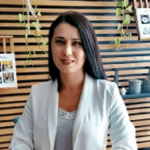










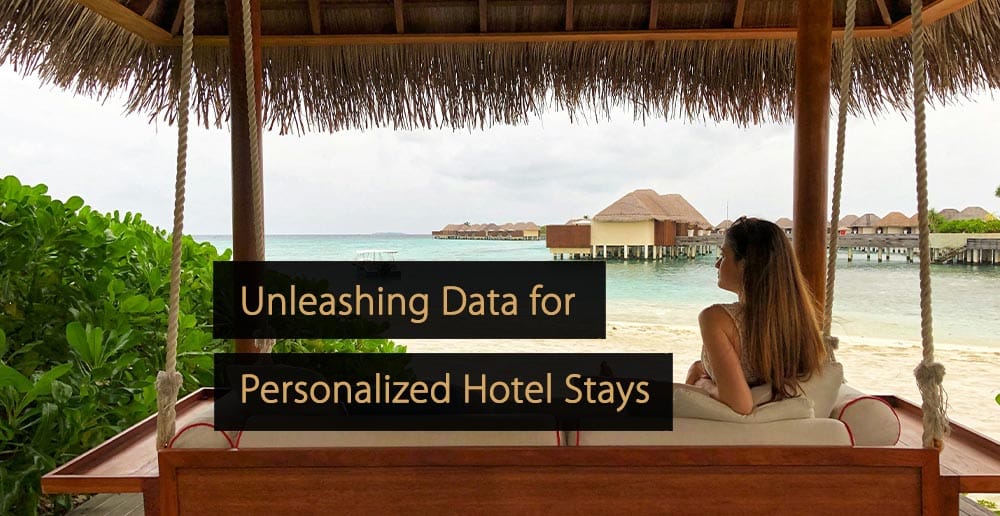
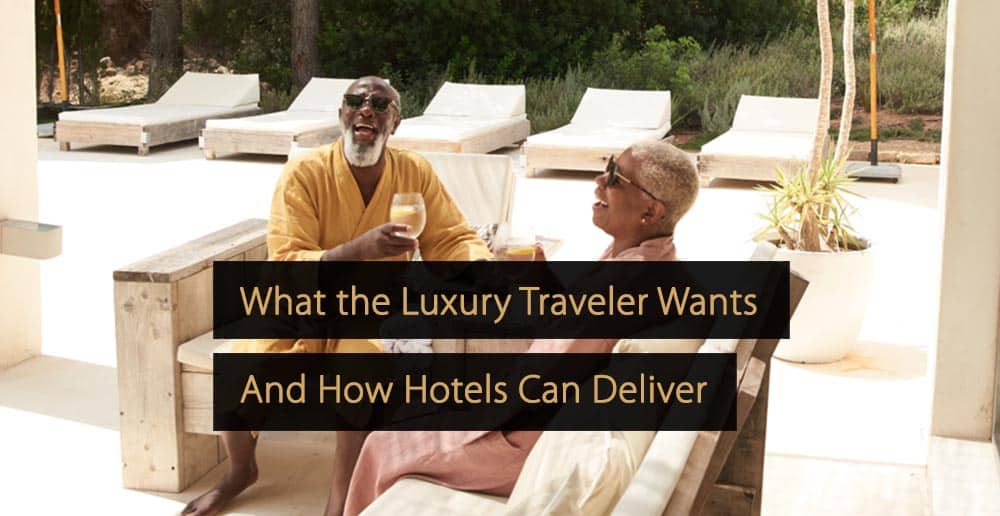

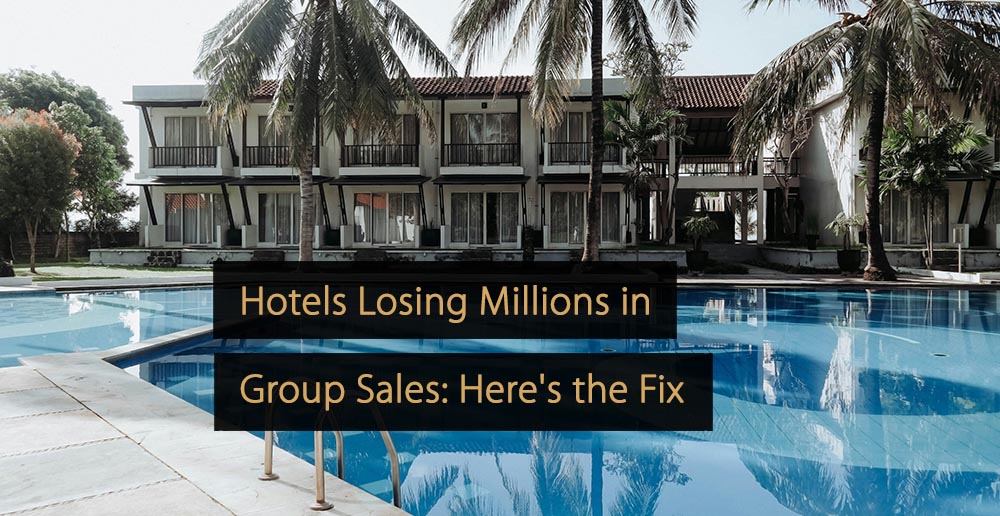
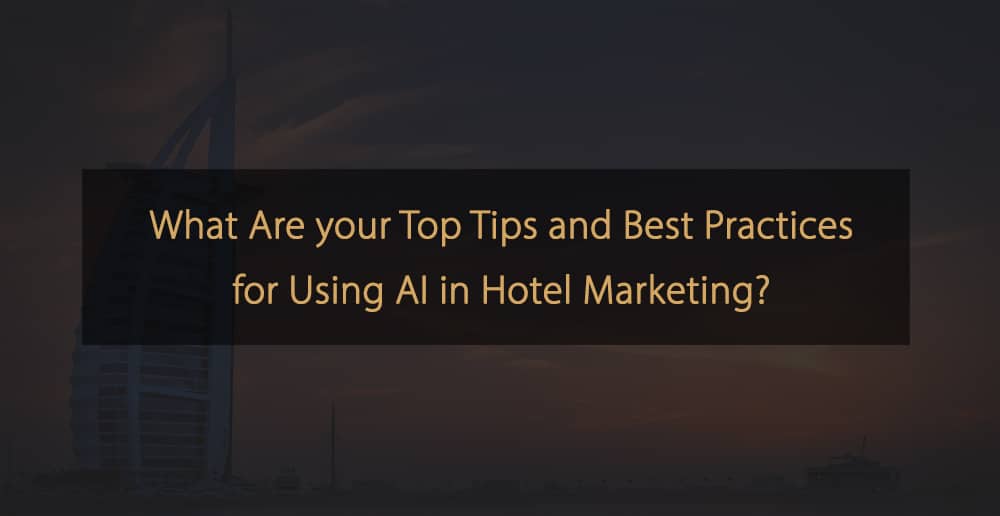
Leave A Comment